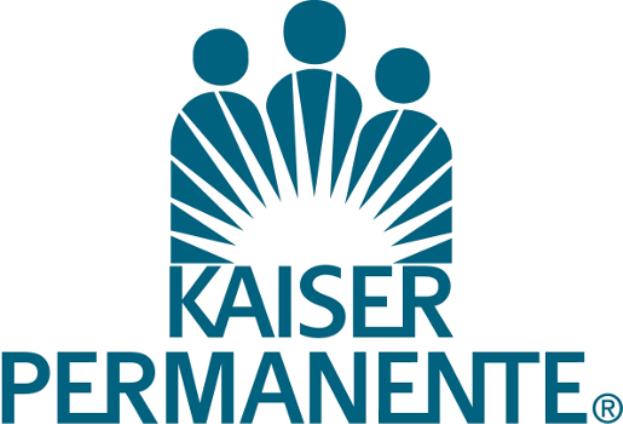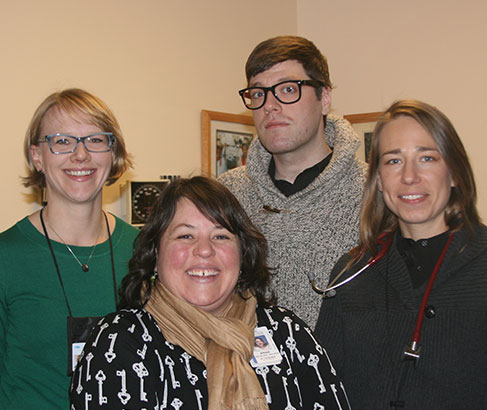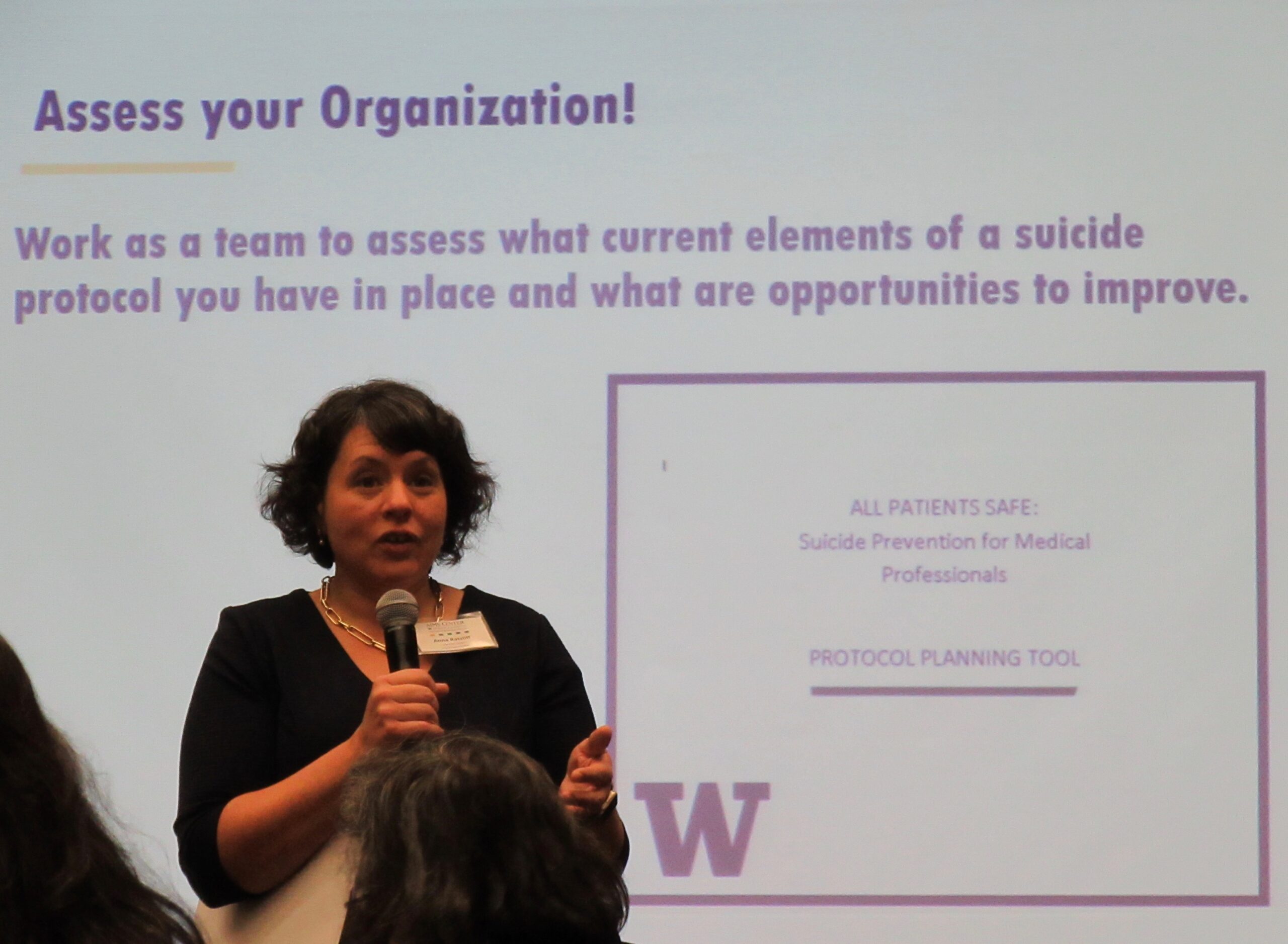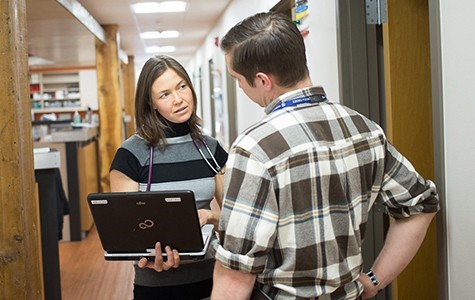Project Date(s): 08/01/2022 – 08/01/2022
The AIMS Center works with diverse healthcare systems and networks to support their efforts to implement Collaborative Care. These range from single clinics, to healthcare systems, to national networks located throughout the United States and internationally. The AIMS Center provides a range of services to support their implementation, including:
Project Date(s): 08/01/2021 – 08/01/2021
More than 20 years of research evidence across more than 80 randomized controlled trials has established Collaborative Care as the integrated care approach with the most research evidence across all kinds of clinical delivery systems, patient populations, and geographic regions. This research evidence is replicated in dozens of peer reviewed publications evaluating implementation of Collaborative Care in real-world settings.
Project Date(s): 01/01/2020 – 10/01/2022
Project Funder(s): Premera
The AIMS Center is partnering with Premera to support up to 30 clinics in rural Washington and Alaska to expand access to evidence-based mental health treatment. Selected clinics will receive up to $245,000 over 15 months to defray participation costs.
01/01/2008
Project Director(s): Jürgen Unützer
Project Funder(s): Washington State Legislature, Community Health Plan of Washington (CHPW), and Public Health - Seattle & King County
MHIP helps low income or safety net populations throughout the state of Washington by integrating high quality mental health treatment into primary care settings using Collaborative Care.
Project Date(s): 07/01/2014 – 12/01/2017
Project Director(s): Jürgen Unützer
Project Funder(s): Archstone Foundation
Many older adults are reluctant to seek depression treatment yet may participate in community-based programs or have close relationships with family and friends. This project explores different ways of engaging older adults in the treatment of depression.
Project Director(s): Ashley Heald
Primary care providers receive training and technical assistance to implement a Collaborative Care (CoCM) program or spread their existing CoCM services to enhance care for women with perinatal depression and other behavioral health disorders.
Project Date(s): 01/01/2017 – 06/01/2019
Project Funder(s): HRSA; NIMH
HRSA and NIMH contracted with the AIMS Center to train and support 11 nurse-led safety-net clinics throughout the US as they implemented Collaborative Care.
Project Funder(s): The John A. Hartford Foundation through a grant from the Corporation for Community and National Service (Social Innovation Fund)
Poor mental health is a major public health issue that robs millions of people of their chance to lead healthy and productive lives. Depression alone doubles overall healthcare costs, worsens other medical conditions, and results in a staggering loss of productivity at work. In underserved rural areas in the WWAMI (Washington, Wyoming, Alaska, Montana and Idaho) region, a severe shortage of mental health providers compounds these problems.
Project Date(s): 06/01/2012 – 05/01/2015
Project Director(s): Jürgen Unützer
Project Funder(s): Centers for Medicare & Medicaid Services (CMS) / Center for Medicare & Medicaid Innovation (CMMI)
COMPASS is a collaborative care model designed to treat patients in primary care experiencing depression as well as diabetes and/or cardiovascular disease.
Project Date(s): 04/01/2017 – 05/01/2018
Project Funder(s): St. Luke’s Health System
The AIMS Center provided training and technical assistance to St. Luke’s Health System as they implemented a Collaborative Care program in April 2017. This implementation took place over 12 months and included three clinics in spring 2017 and two clinics in fall 2017. Eventually collaborative care will be spread across the entire of network of clinics at St. Luke’s Health System, the only Idaho-based, not-for-profit health system.
Project Date(s): 01/01/2022 – 12/01/2024
The number of older adults is rising sharply and is expected to increase from 40.3 million to 72.1 million between 2010 and 2030. According to the Pew Research Center, 92% of adults aged 65 and older use text messaging. Despite misconceptions to the contrary, text messaging as part of primary care for older adults is growing. Text messaging holds promise as a strategy for engaging older adults in Collaborative Care depression treatment through frequent contact with a behavioral health care manager.
Project Date(s): 11/01/2015 – 11/01/2015
Project Director(s): Ashley Heald
The Collaborative Care Medicaid Program (CCMP) is a program helping clinics in New York to fully integrate behavioral health screening and treatment into primary care settings and to provide reimbursement for those services.
Project Date(s): 06/01/2013 – 12/01/2019
Project Director(s): Jürgen Unützer
Project Funder(s): Eitel Foundation
This project examined depression care and clinical outcomes for perinatal women treated in clinics serving racially diverse low-income populations.
12/01/2015
Project Funder(s): NIMH
TEAMcare was a randomized controlled trial designed to test Collaborative Care strategies in managing depression, diabetes, and coronary heart disease in primary care.
Project Date(s): 10/01/2008 – 08/01/2014
Project Funder(s): A combination of public and commercial billing and support from the UW academic health care system.
BHIP uses Collaborative Care to bring mental health treatment into UW Neighborhood Clinics, a system of primary care clinics located throughout greater Seattle.









